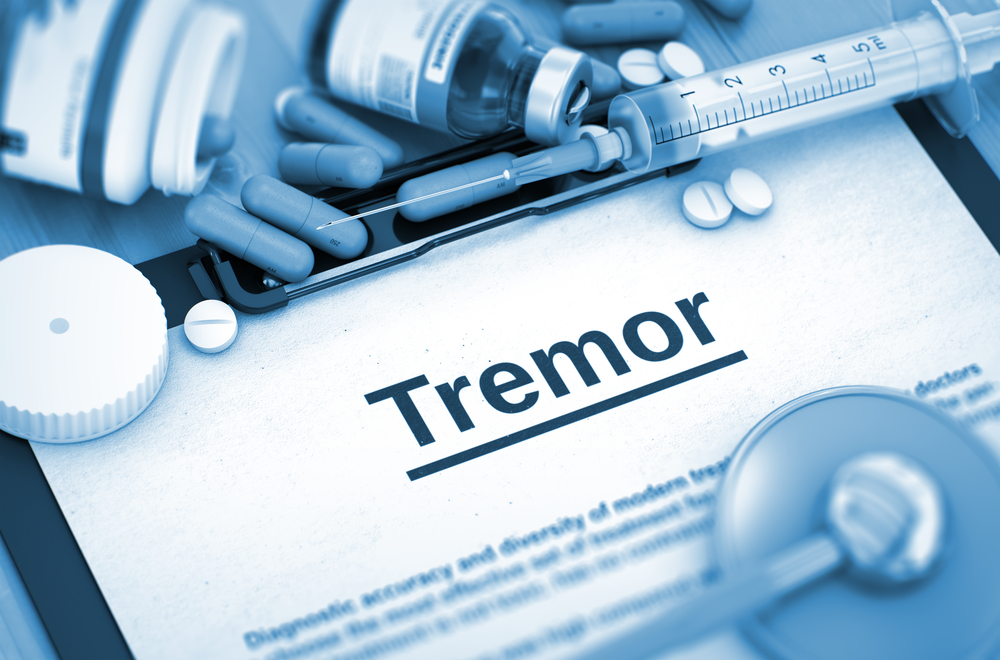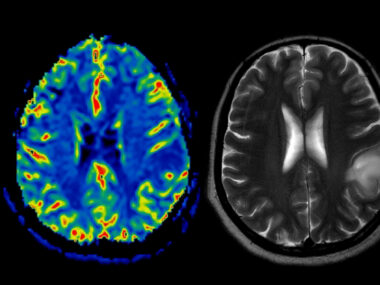Tremors Linked to MS Poorly Treated with Symptomatic Medication, Study Finds
Written by |

Disabling tremors can affect as many as half of all people with multiple sclerosis (MS), but they are inadequately treated because of limited therapeutic options and are not sufficiently being studied, researchers at the University of Alabama at Birmingham reported.
Their report, “Symptomatic Management of Multiple Sclerosis-Associated Tremor Among Participants in the NARCOMS Registry,” was published in the International Journal of MS Care.
Patients with MS are faced with a number of disabling symptoms that affect their functional capacity and quality of life. Although recent drugs have been approved to improve some symptoms, such as gait or emotional responses, other symptoms are managed with drugs in an off-label manner, meaning the drug is not approved for such use.
An estimated 25 percent to 58 percent of MS patients experience tremor, and such tremors are moderate to severe in 15 percent of these patients. MS tremor is highly disabling, and associated with an increased likelihood of unemployment or forced retirement at an earlier age compared with other MS patients. However, few studies address the effects of medication on reducing tremor severity.
A research team led by John R. Rinker II, MD, conducted a survey using the North American Research Committee on Multiple Sclerosis (NARCOMS) patient registry, which included more than 37,000 MS patients across the continent. In NARCOMS semiannual update surveys, all patients had reported their tremor severity based on a scale from 0 to 5, in which 0 represents the absence of tremor; 1, a minimal tremor that does not cause functional impairment; 2, a mild tremor; 3, a moderate tremor; 4, a severe tremor; and 5, a totally disabling tremor. Researchers selected 508 patients who reported functional impact from tremors, with a score of 2 or greater.
They found that 46.9 percent (238 people) were taking a medication, and 2.4 percent (12) had undergone surgery to reduce tremor severity. A trend toward higher rates of MS and tremor severity were seen in medication users, but those rates were not significantly different from nonusers. More than half of patients with moderate or severe tremor were using symptomatic medication (medication that only affects symptoms but not their cause), while patients with mild or totally disabling tremors were less likely to use such medication (37.2 percent and 40 percent use, respectively).
Among the patients who reported benefits from their medication, most were taking anticonvulsants, such as gabapentin and pregabalin, and benzodiazepines, such as clonazepam. Some patients also indicated benefit from antispasmodics and cannabinoids.
It is noteworthy that among patients with moderate to severe tremors who took tremor medication, only half reported benefit. The researchers also highlighted that only one-third of patients with totally disabling tremors took tremor medication, revealing the urgent need for symptomatic treatments. Reasons suggested for this were that these patients are less likely to be offered treatment, are more “refractive to treatment,” experience “intolerable” side effects at increasing doses, or have simply abandoned symptomatic treatments “because of intolerance or lack of efficacy.”
“Tremor in MS remains poorly treated; less than half of the participants reported benefit from symptomatic medications. Patients with moderate-to-severe tremor are more likely to report tremor benefit than are those with mild or disabling tremor,” the investigators concluded.
The team suggested that medications that act on the γ-aminobutyric acid (GABA) pathways may be beneficial in treating MS-related tremor, like benzodiazepines.


